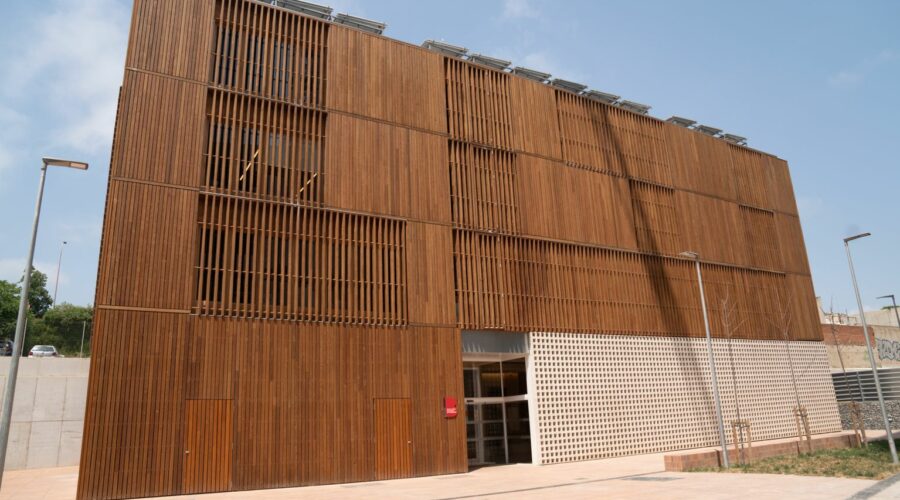
Catalonia is taking an important step in protecting the health of the very young by including three new vaccines in its vaccination schedule, which will benefit children between six months and five years of age.
One of the key vaccines in this expansion is influenza, which will now be part of the annual influenza immunization program.
Historically, the influenza vaccine was administered only to persons over 60 years of age, and exceptionally to children suffering from chronic diseases.
However, with this new measure, the influenza vaccine will be systematically included for the six months to five years age group, which represents a novelty and an agreement of the Interterritorial Council planned for the whole of Spain, with recommendations applicable until 2024.
The decision to include young children in the influenza vaccination is due to the fact that, although this disease usually has a low mortality rate in children, it generates a significant number of cases, which translates into a considerable number of visits to health centers and hospitalizations.
Especially in younger children, the flu can cause complications that strain the health care system.
Influenza vaccination schedule : protection for the little ones
The Secretary of Public Health of the Generalitat de Catalunya, Carmen Cabezas, points out that vaccination in children begins at six months of age because the vaccine cannot be used in children under that age.
It is important to protect young children because, although influenza is generally associated with older people, a significant number of children also become ill from the virus.
In addition to the influenza vaccine, the vaccination schedule in Catalonia will also include immunization against meningococcal meningitis ACWY in children aged at least 12 months.
This vaccine protects against several variants of the meningitis virus, providing greater protection against this disease.
Another important advance is the vaccination against Respiratory Syncytial Virus (RSV) in infants to prevent bronchiolitis and its complications.
RSV can cause catarrhal conditions with fever, cough and respiratory distress, which can be especially worrisome in infants, as it affects their feeding and energy. Vaccination against RSV will begin in October in Primary Care Centers (CAP).
Vaccines for prevention
The inclusion of these new vaccines in the vaccination schedule of Catalonia seeks to protect the most vulnerable and prevent diseases that can have serious consequences on the health of children.
The decision to immunize children against influenza, meningitis and RSV demonstrates the commitment of health authorities to protect the health of the very young.



